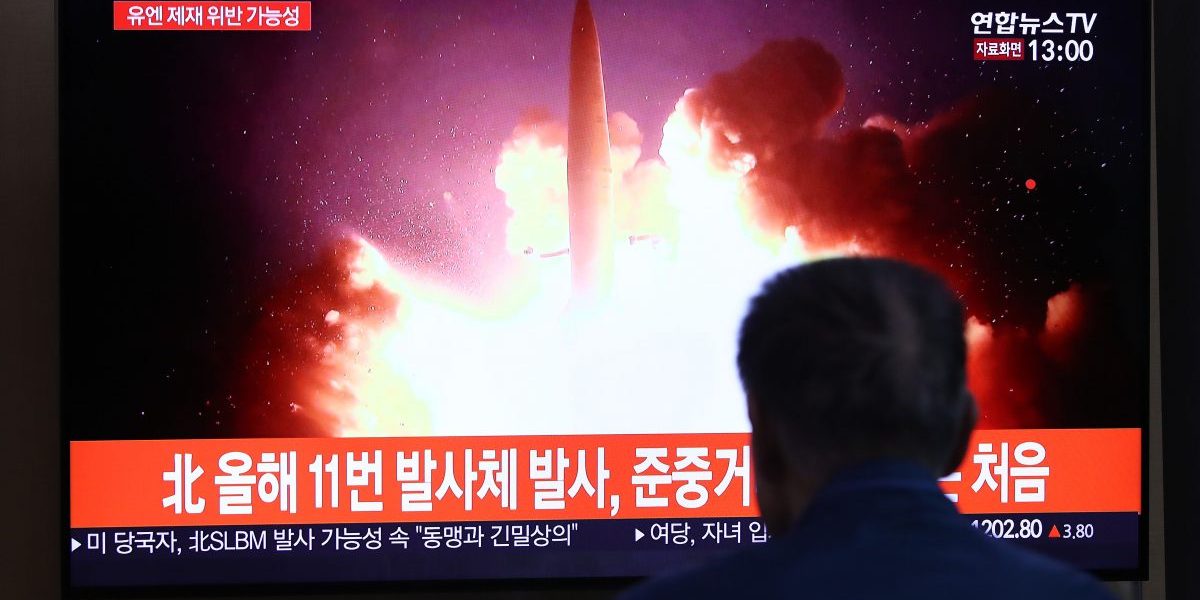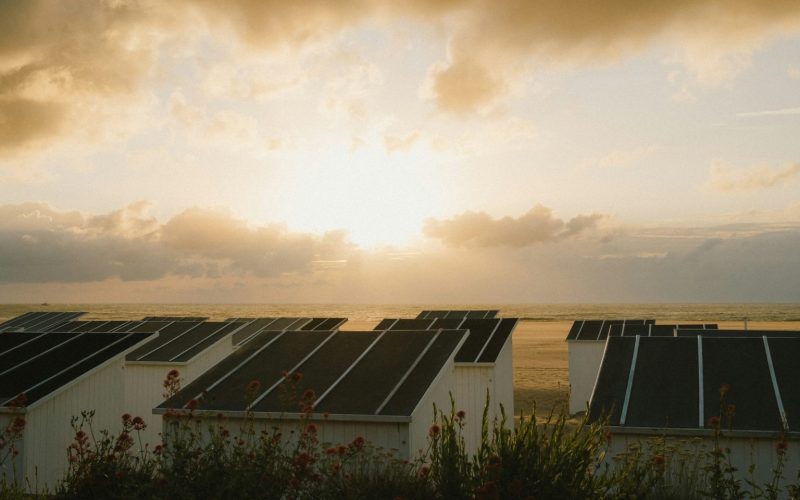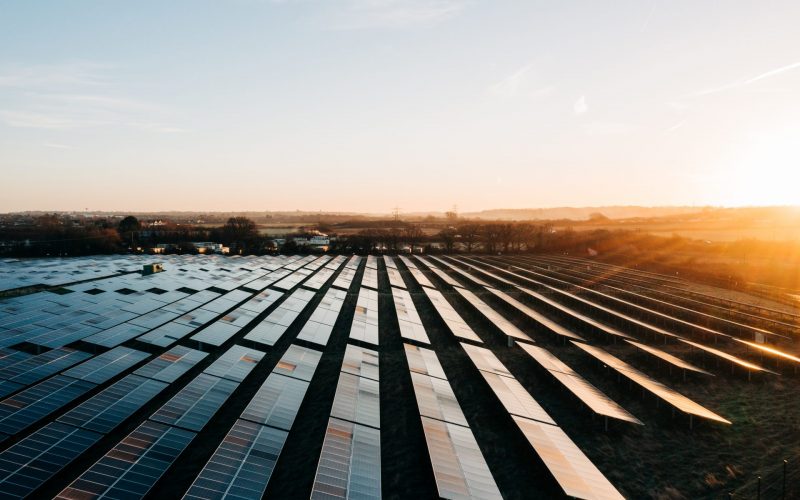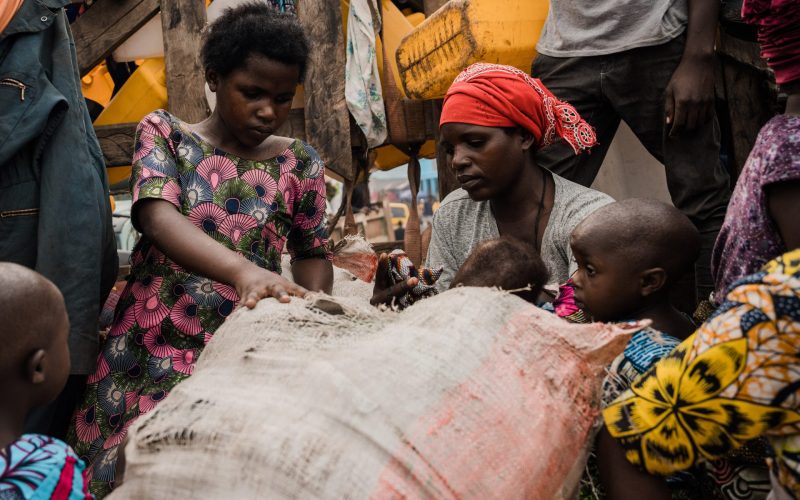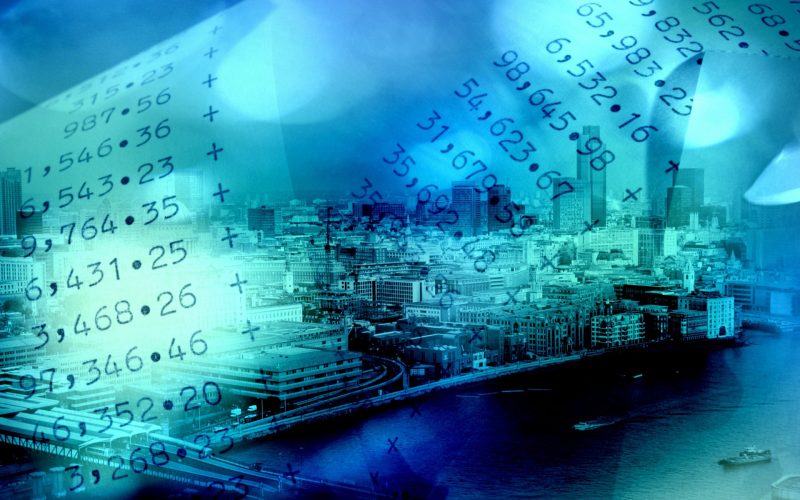Summary:
- The threat of nuclear war is rising as tensions in the Korean Peninsula persist and conflict between the US and Iran appears to be escalating.
- South Africa’s legacy in leading disarmament and non-proliferation debates stems from its unique history of voluntarily disarming its weapons, but its ability to lead is constrained by capacity and resource issues.
- South Africa’s domestic economic constraints provide an opportunity for it to be more innovative in how it engages diplomatically on global nuclear security debates.
- The country can maintain its relevance in global affairs through a greater reliance on alliances and partnerships.
- South Africa would be wise to use its time at the UN Security Council and as chair of the AU in 2020 to further this objective.


